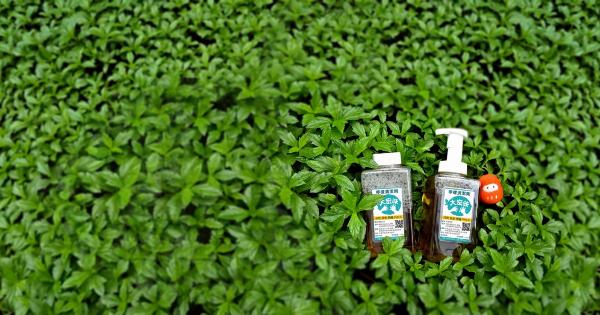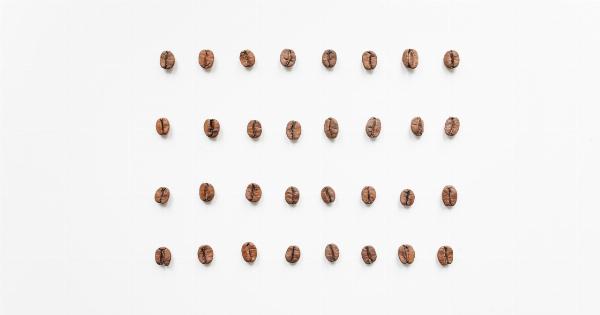Your liver is one of the largest organs in your body and is responsible for many essential functions. It helps to filter your blood, remove waste, process nutrients, and produce bile to aid in digestion.
So, needless to say, keeping your liver healthy is extremely important for overall health and well-being.
One of the best ways to protect your liver is by eating a healthy and balanced diet. And, one of the best food groups to support liver health is vegetables.
Vegetables are packed with important vitamins, minerals, and antioxidants that help to protect and nourish your liver. Let’s explore the top veggies that can boost your liver health.
1. Broccoli
Broccoli is a cruciferous vegetable that is loaded with powerful antioxidants, including vitamin C and glutathione. Glutathione, in particular, is known to help remove toxins and protect the liver from damage.
Additionally, broccoli contains indole-3-carbinol, a compound that can help to prevent certain types of cancer.
2. Spinach
Spinach is one of the most nutrient-dense vegetables out there, and it’s especially high in vitamin K, vitamin A, and folate. It’s also a natural source of iron and calcium, making it an excellent choice for vegetarians and vegans.
But what makes spinach especially good for liver health is its high chlorophyll content. Chlorophyll helps to neutralize toxins and supports the liver’s natural detoxification process.
3. Asparagus
Asparagus is a low-calorie vegetable that is high in fiber, folate, and vitamins A, C, and K. Asparagus is known for its natural diuretic properties, which can help to flush out excess salt and fluid from the body.
This can ease the burden on the liver and prevent water retention. Additionally, asparagus contains the compound silymarin, which has been shown to protect the liver from damage.
4. Carrots
Carrots are an excellent source of beta-carotene, a powerful antioxidant that can protect the liver from damage. Additionally, carrots contain a high amount of fiber, which can help to promote healthy digestion and eliminate toxins from the body.
Carrots also contain a variety of other vitamins and minerals, including vitamin K, vitamin B6, and potassium.
5. Beetroot
Beetroot is a rich source of antioxidants, including flavonoids and beta-carotene. Additionally, beetroot is high in betaine, a natural compound that can help to protect the liver from damage and improve liver function.
Beetroot is also a natural source of nitrates, which can help to dilate blood vessels and improve blood flow to the liver.
6. Garlic
Garlic is a natural anti-inflammatory that can help to protect the liver from damage. It is also rich in allicin, a compound that can help to prevent liver cancer and improve liver function.
Additionally, garlic is a natural source of selenium and quercetin, which are both important nutrients for liver health.
7. Artichoke
Artichokes are loaded with antioxidants, including cynarin and silymarin, which can help to protect the liver from damage.
Additionally, artichokes are rich in fiber, which can help to promote healthy digestion and reduce the absorption of toxins in the gut. Artichokes have also been shown to improve liver function and reduce inflammation.
8. Brussels Sprouts
Brussels sprouts are another cruciferous vegetable that are high in antioxidants and fiber. They are also a natural source of sulfur, a compound that can help to improve liver function and protect against liver damage.
Additionally, Brussels sprouts are rich in vitamin C, which can help to boost the immune system and protect the liver from infection.
9. Sweet Potato
Sweet potatoes are a great source of fiber, beta-carotene, and vitamins A and C. They are also low on the glycemic index, meaning they won’t spike your blood sugar levels like other starchy vegetables like white potatoes.
Sweet potatoes also contain a variety of other important nutrients, including potassium, manganese, and fiber.
10. Kale
Kale is another nutrient-dense leafy green that is loaded with vitamins and minerals. It’s especially high in vitamins A, C, and K, as well as fiber and potassium.
But what makes kale particularly good for liver health is its high sulforaphane content. Sulforaphane is a compound that has been shown to protect the liver from damage and reduce inflammation.
Conclusion
Eating a diet rich in vegetables is one of the best things you can do for your liver health.
These ten veggies are particularly beneficial and can help to protect your liver from damage, improve liver function, and support your overall health and well-being.






























